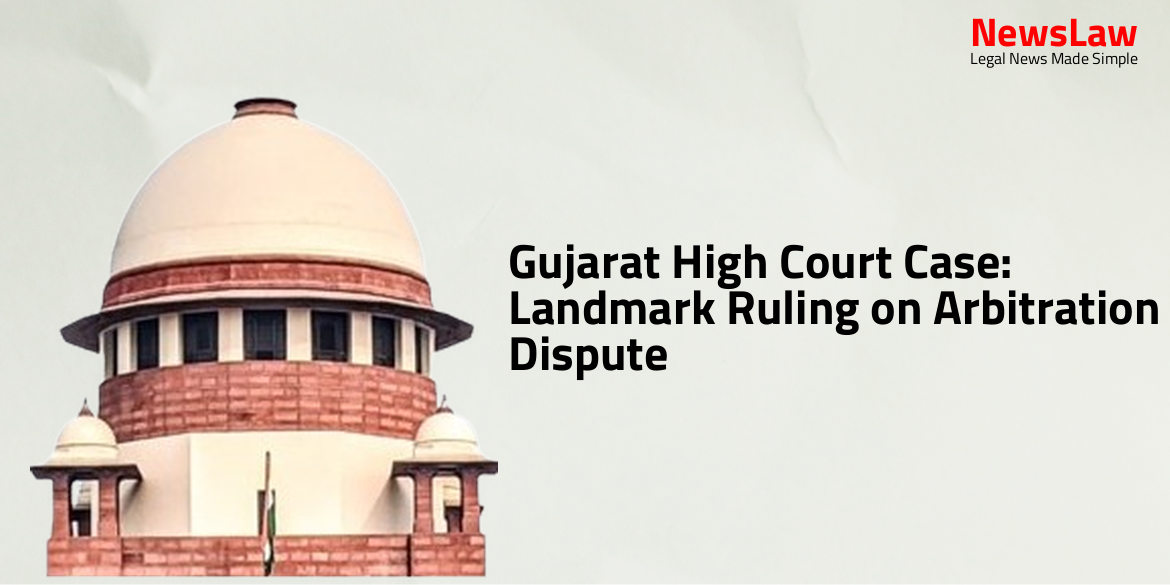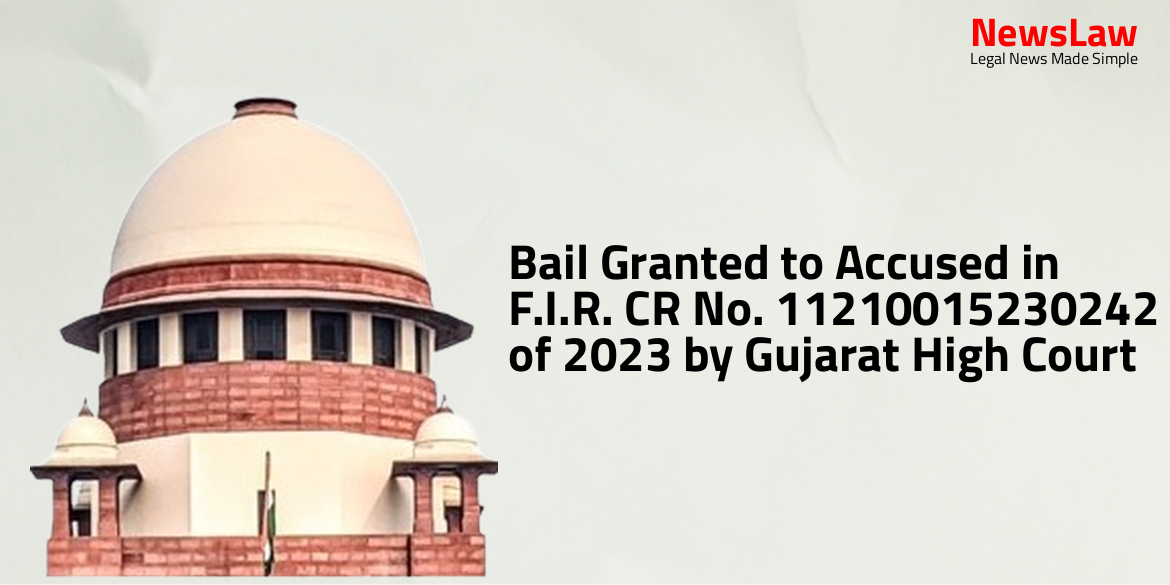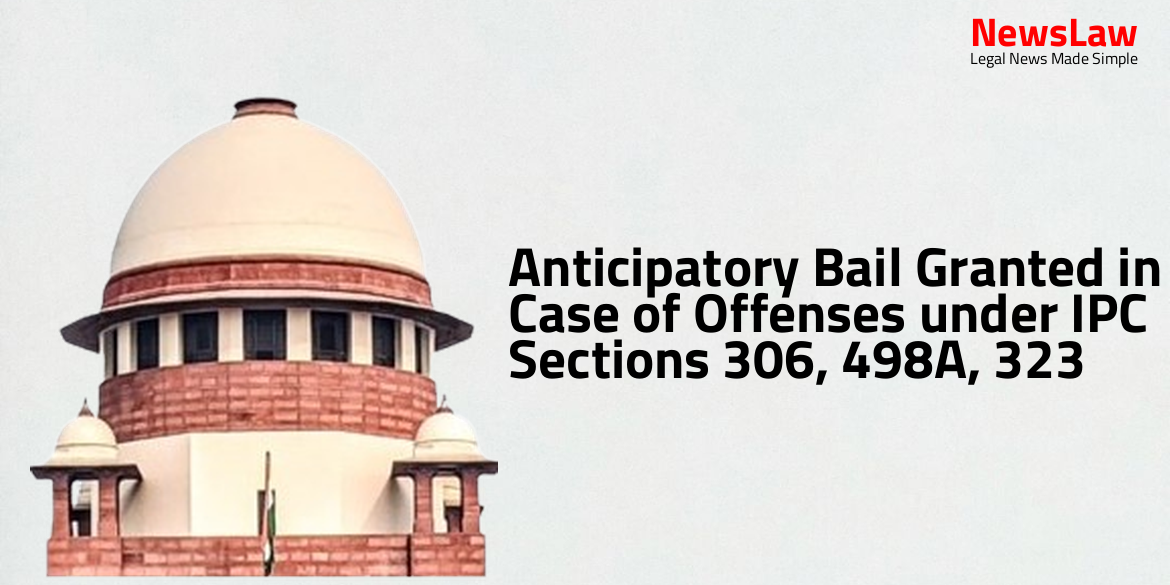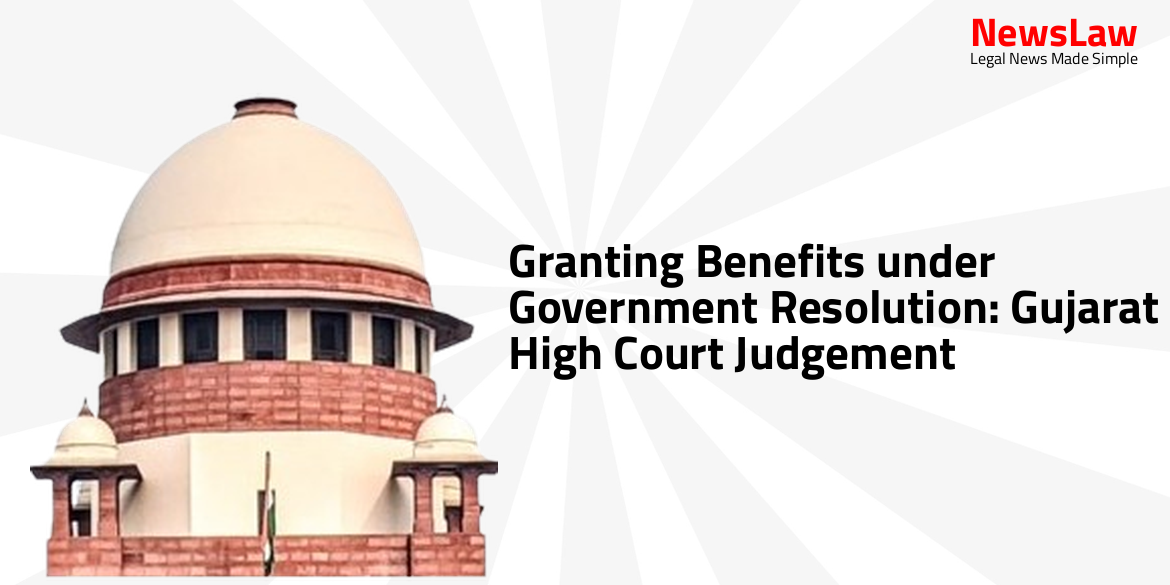In a significant legal development, Gujarat High Court recently issued a landmark ruling on an arbitration dispute involving PSP Projects Ltd. and a contractor. The case delved into crucial contractual clauses overlooked by the Commercial Court, impacting the completion stages and payment disbursements. The High Court’s decision shed light on the procedural nuances and principles of justice in such disputes, providing clarity on interim relief and adherence to contractual terms.
Facts
- The Commercial Court, Surat partly allowed the application filed by PSP Projects Ltd. under Section 9 of the Arbitration and Conciliation Act, 1996.
- The order was passed on 11.03.2024.
- This appeal is directed against the said order.
- The appeal is made under Section 37 of the Arbitration and Conciliation Act, 1996.
- Appellant directed to furnish irrevocable bank guarantee of Rs. 125 crores within four weeks
- Appellant restrained from auctioning, transferring, or creating third party rights in remaining portion of Surat Diamond Bourse
Arguments
- Mr. Kamal Trivedi argued that the Commercial Court erred in considering a prima facie case in favor of the respondent.
- Mr. Kamal Trivedi also asserted that the respondent was not entitled to interim relief under Section 9 of the Act, 1996
- It was vehemently argued that no prima facie case in favor of the respondent could be shown by Mr. Kamal Trivedi.
- Mr. Devang Nanavati, representing the respondent, discussed the scope of interference under Section 37 of the Act, 1996.
- Mr. Devang Nanavati emphasized that the Court should not act as an appellate authority to review orders passed under Section 9 of the Act, 1996.
- The Commercial Court did not err in considering the circumstances presented before it to balance the contentions of the parties.
- The application was partially allowed against the first claim of Rs. 65.752 crores concerning work done and certification given by the consultant, PMC & Gleeds.
- The respondent provided no reason for non-payment of the first claim, except for non-compliance with the procedure.
- Regarding the relief of retention of money, it was noted that the first half of 1.25% was to be released upon virtual completion and the other half at the end of the defects liability period, with the option of release upon submission of a bank guarantee.
Analysis
- The Commercial Court failed to consider various clauses of the contract such as sub-clause 9.5, 10.1, 14.10, and 1.1.3.7 that were crucial for the case.
- The Commercial Court also overlooked clauses 11.9, 14.11, 14.13, and 14.7 related to Performance Certificate, Final Payment Certificate, and Payment as per FIDIC.
- There was a discrepancy in releasing the retention money related to virtual completion before the defect liability period.
- The appellant raised doubts on the built-up variation cost and disputed certain items claimed by the respondent.
- The dispute highlighted by the respondent on possession and taking over certificates was not adequately addressed by the Court.
- The Commercial Court’s decision seemed premature as the defects liability period was not completed, and the final payment stage had not been reached.
- The Court disregarded the need to follow contractual provisions for submitting the final bill and the process of final payment.
- The Court ignored the timing of the final bill submission and the requirement of the performance certificate for payment disbursement.
- The Court failed to find a balance between the obligations of both parties as per the contract terms.
- The Court’s granting of interim relief was questioned in terms of disregarding procedural provisions and the principles of justice.
- The Court’s observation regarding the respondent’s auctioning activities contradicted the claim of incomplete work by the respondent.
- The appellant expressed willingness for conciliation proceedings to resolve the pending issues but faced challenges in receiving payment.
- The timing of approaching the Court for interim relief was deemed premature and the discretion exercised by the Commercial Court was critiqued for lack of adherence to contractual terms.
- The submission of final bills without completion of requisite steps and issuance of performance certificates hindered the proper closure of the contract.
- The appellant’s concerns regarding balance of convenience, performance certificates, and completion stages were not adequately addressed in the Court’s decision.
- The court noted that the Plaintiff had not relied upon the documents that were sought to be summoned from Defendant No.1.
- As a result, the application under Order XVI Rule 6 CPC was dismissed by the court as being redundant and infructuous.
- The court observed that since the Plaintiff did not rely upon the said documents, there was no necessity for summoning them from Defendant No.1.
- The court further emphasized that the Plaintiff cannot be permitted to adopt a pick and choose policy where it withholds documents on the one hand and seeks to summon those very documents from the Defendant on the other hand.
- It was held that the present case did not warrant the summoning of documents from Defendant No.1 as they were not relied upon by the Plaintiff.
- The Court should not withhold relief under Section 9 of the Act, 1996 based solely on technicalities like absence of specific averments required under Order XXXVIII Rule 5, CPC.
- While the power under Section 9 should respect procedural laws, it should not be restricted by every procedural provision in CPC to secure justice.
- The Commercial Court can pass appropriate orders, including restraining orders, if satisfied with conduct indicating an attempt to defeat future arbitral awards, even if Order XXXVIII Rule 5 conditions are not met.
- In the absence of satisfaction with the opponent party’s conduct and meeting conditions of Order XXXVIII Rule 5, the Commercial Court should not pass orders under Section 9 of the Act, 1996.
- Interim measures granted under Section 9 are by way of temporary relief and are based on the facts and circumstances of each case.
- In petitions under Section 9, the Court must consider the principles of the Code of Civil Procedure (CPC) in its decision-making process.
- Challenges to interim measures under Section 9 in appeals under Section 37 are subject to limited scrutiny, as the grant or non-grant of such measures is at the discretion of the Court.
- The Commercial Court failed to exercise its discretionary jurisdiction under Section 9 of the Act, 1996.
- The judgment passed by the Commercial Court is liable to be set aside due to ignorance of relevant legal principles.
- The completion certificate issued to the respondent does not imply satisfaction with the work done by the appellant.
- The appellant has already paid more than the final offer amount to the respondent against submitted bills.
Decision
- The appeal has been allowed.
- The observations made in the judgement will not affect future proceedings related to the contract-in-question.
- The prayer made is rejected.
- The Civil Application for stay has been disposed of.
Case Title: SDB DIAMOND BOURSE Vs. PSP PROJECT LTD.
Case Number: R/FA/1309/2024



